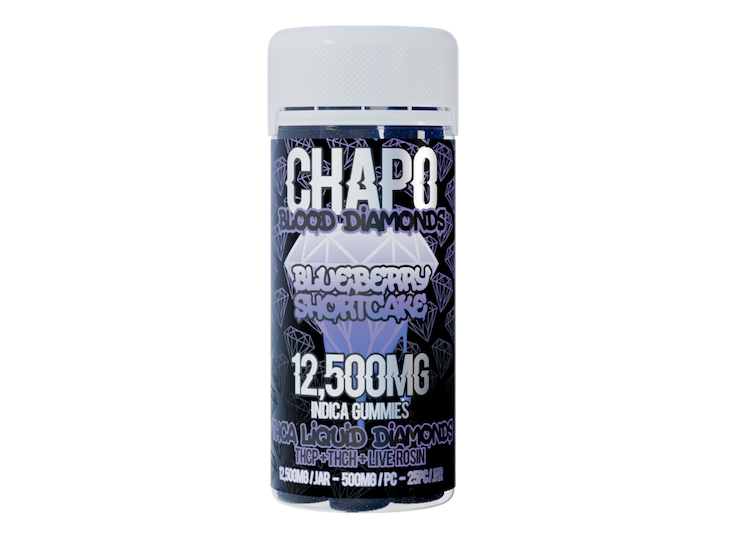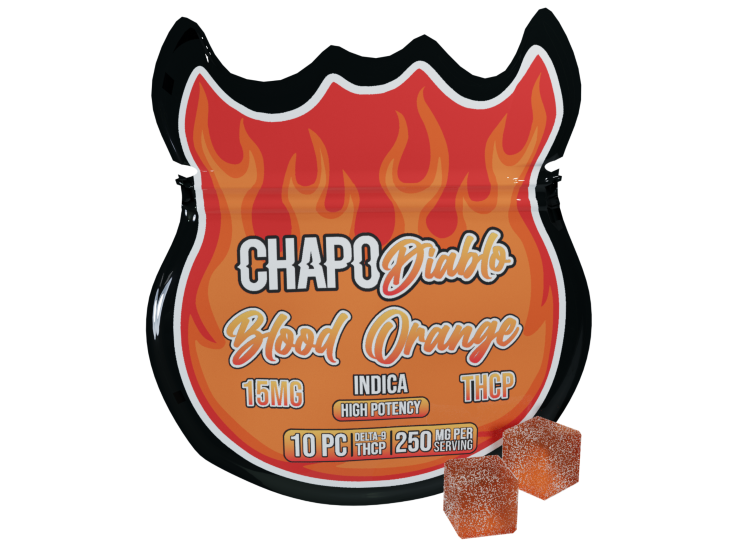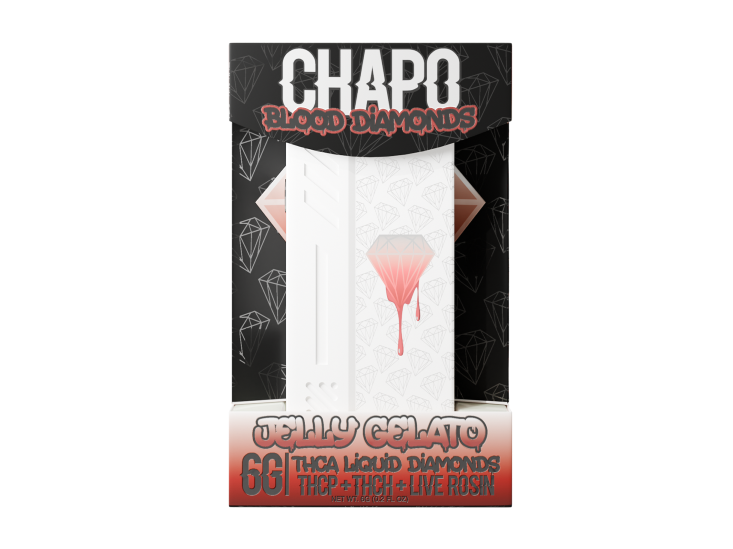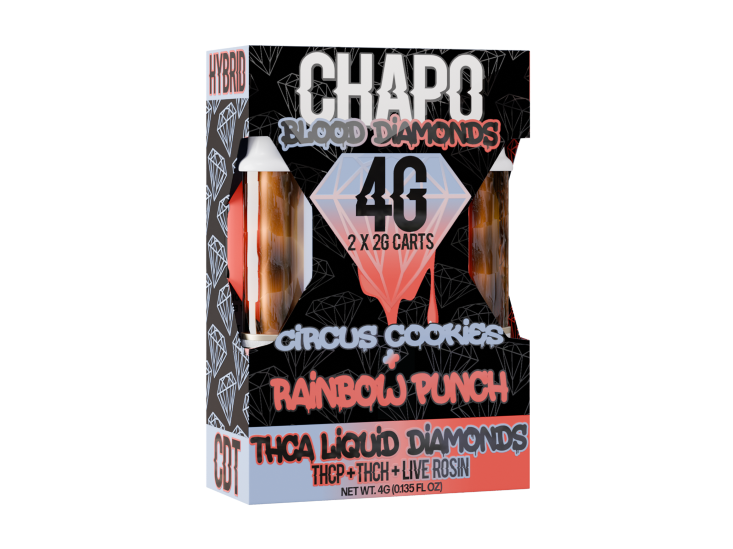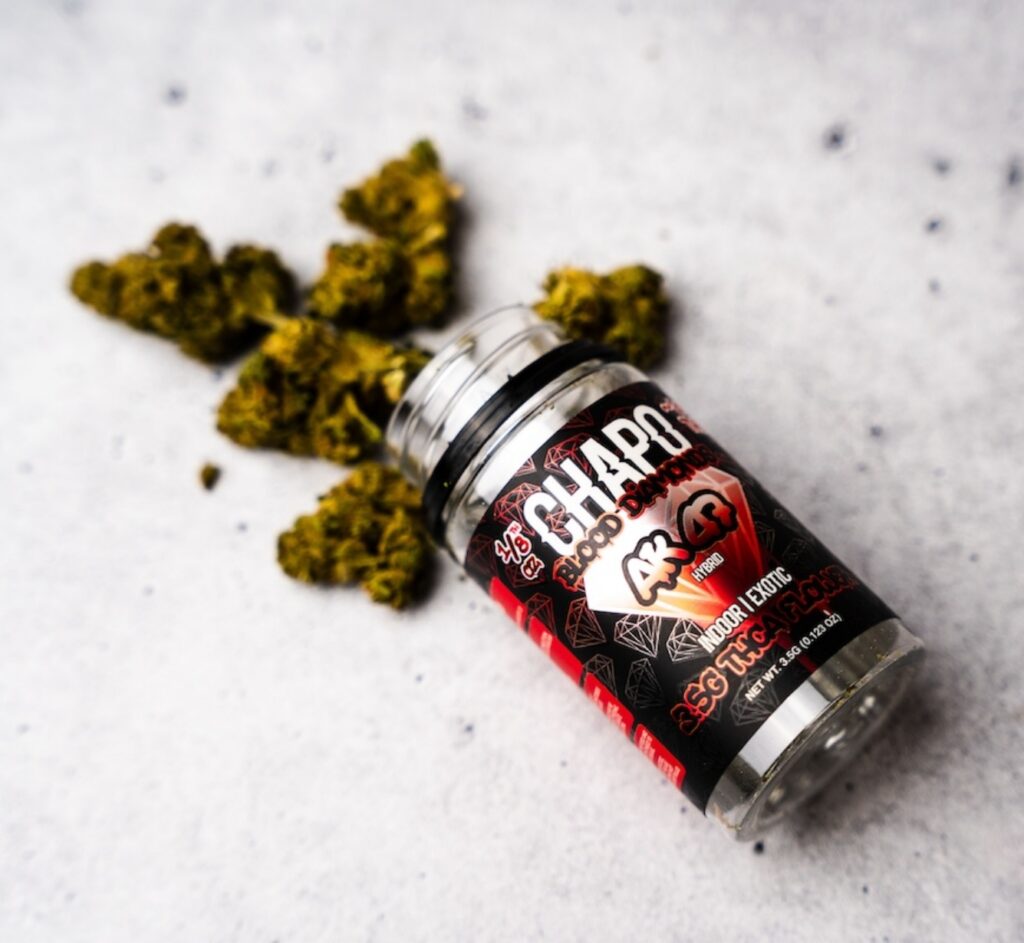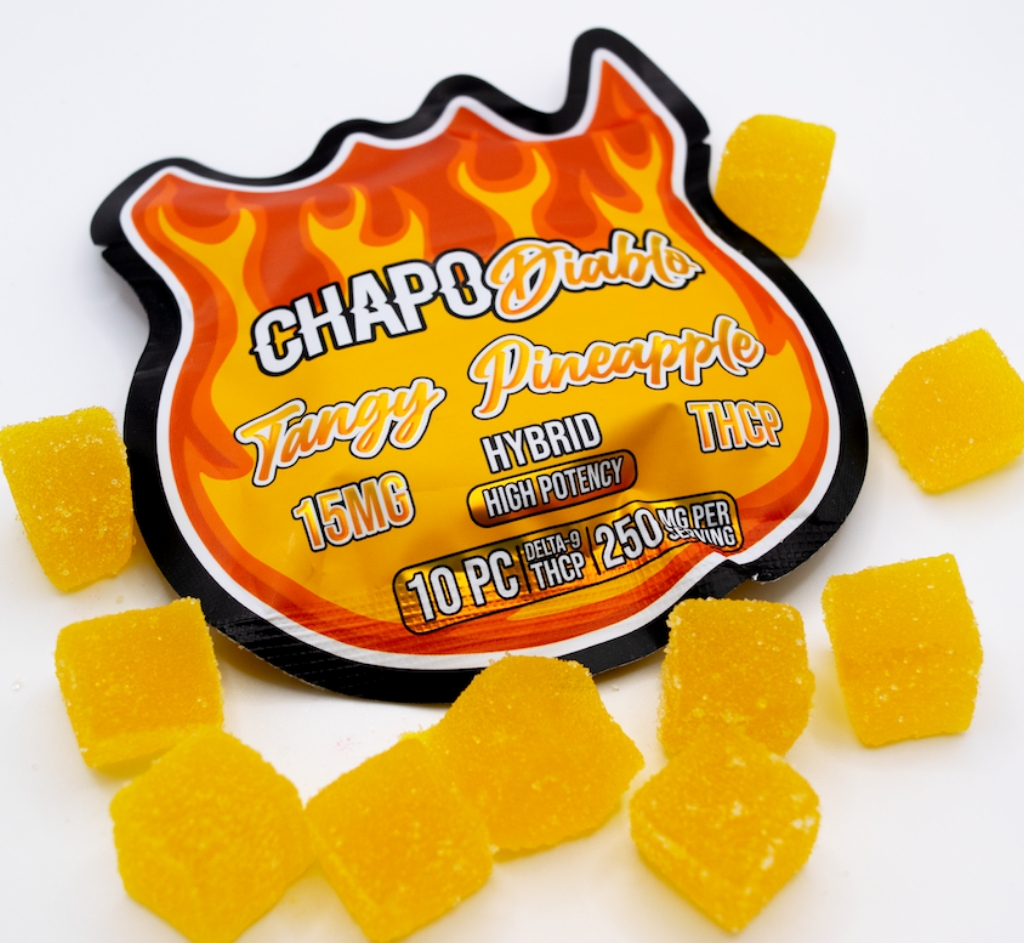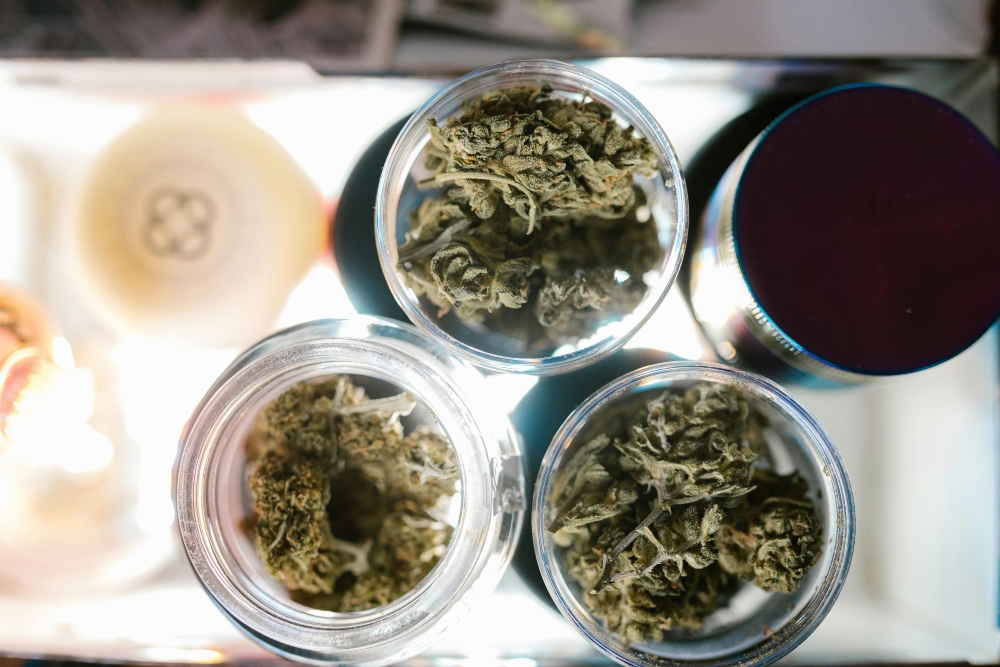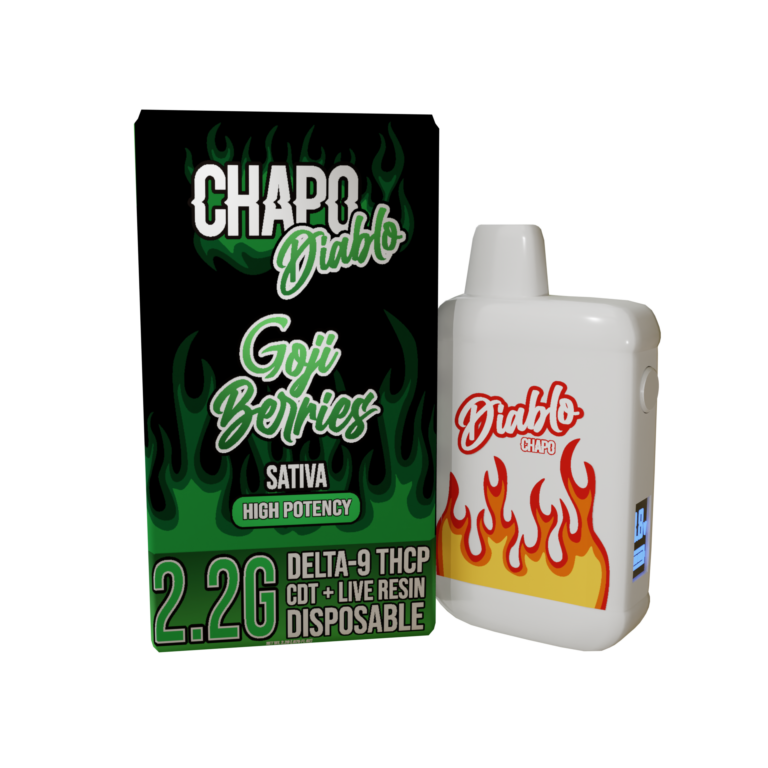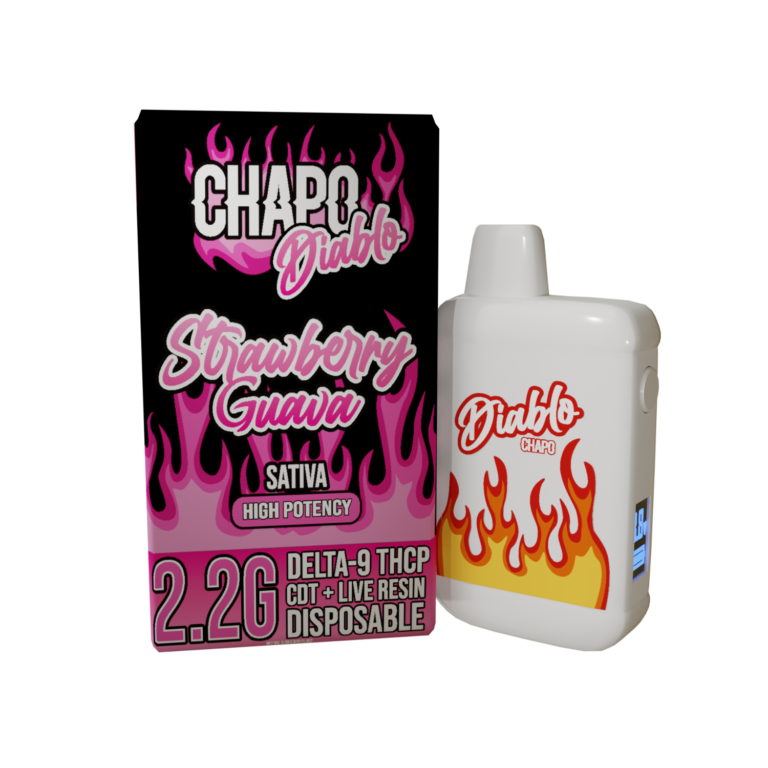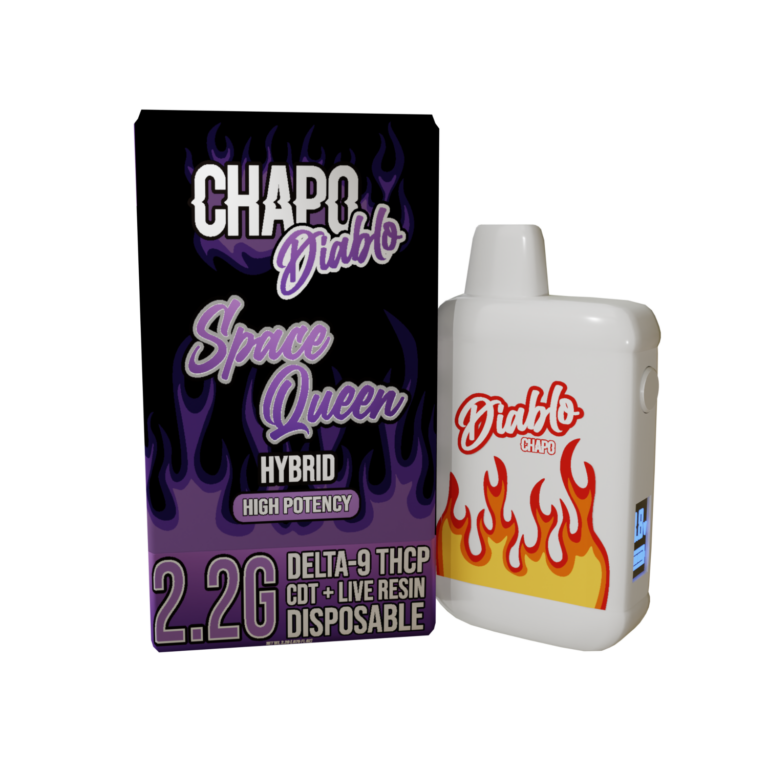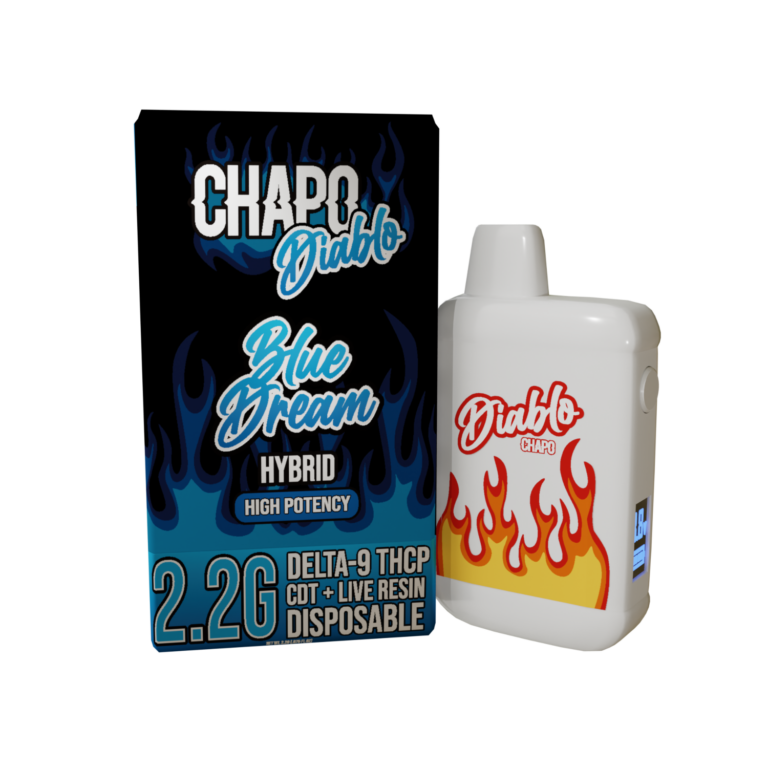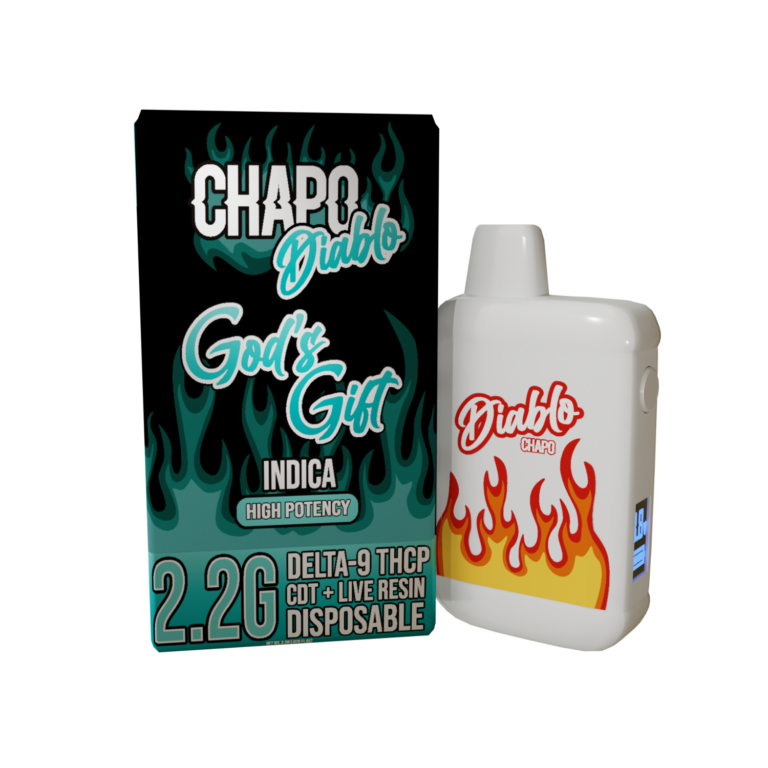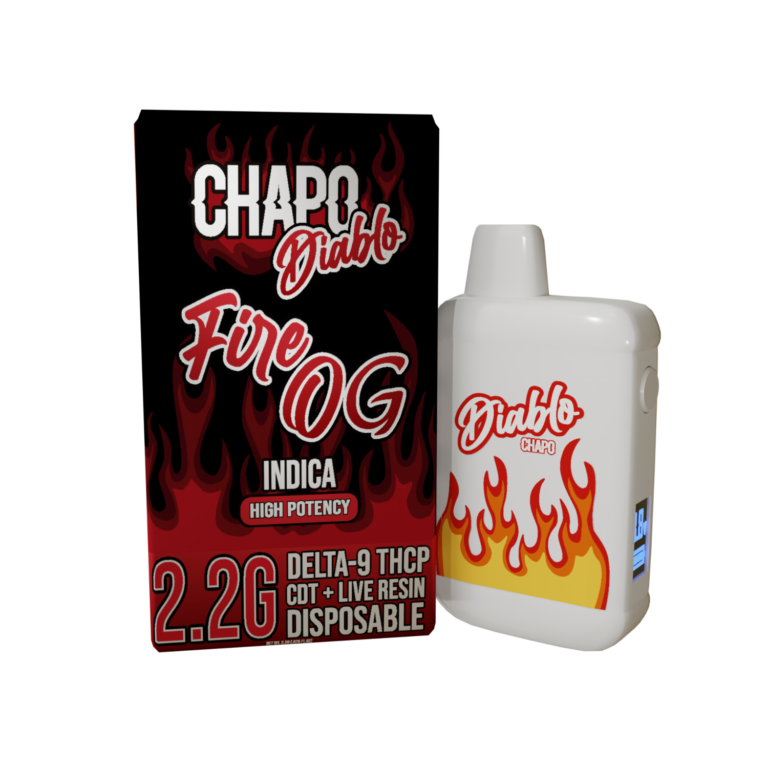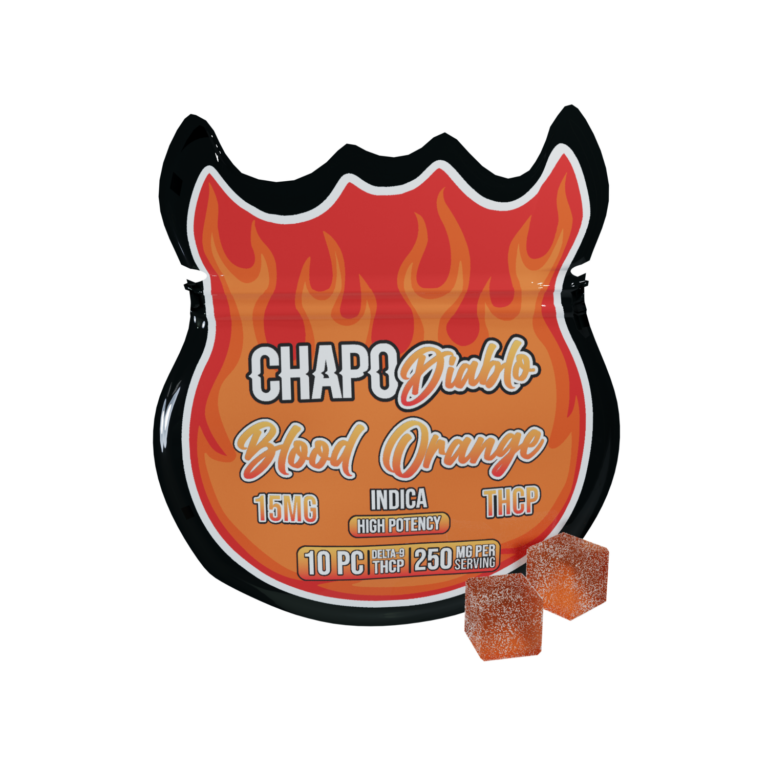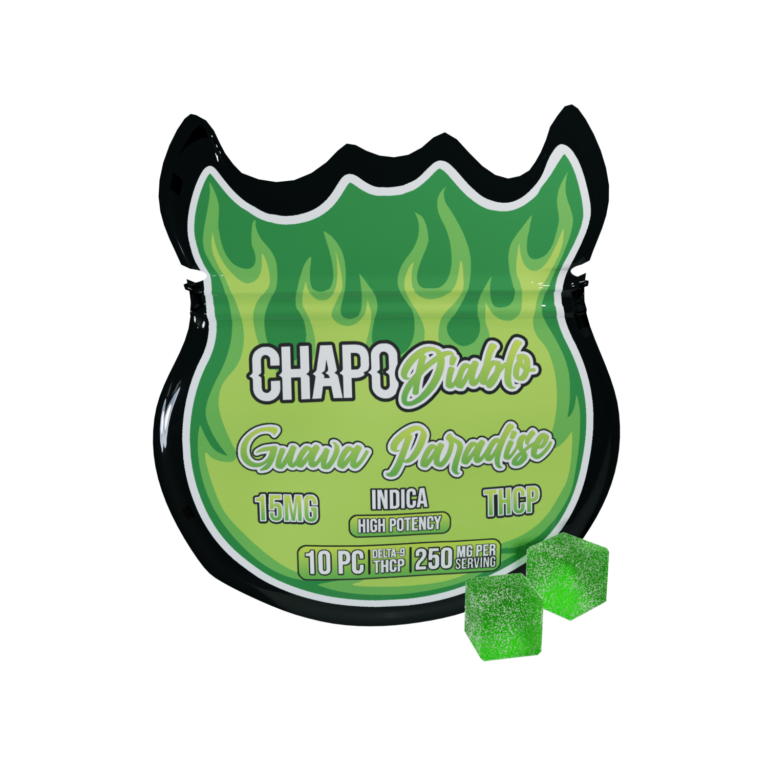Delta-9 THC, or delta-9-tetrahydrocannabinol, is not synthetic when sourced from the cannabis plant or hemp plants. It is the primary psychoactive compound found in cannabis sativa, responsible for the well-known “high” associated with marijuana use. Unlike synthetic cannabinoids such as THC-O or other lab-created compounds, natural delta-9 THC is derived directly from the cannabis plant or hemp-derived sources. Its chemical structure includes a double bond that plays a crucial role in how it interacts with receptors in the endocannabinoid system, producing its notable psychoactive effects.
When people question if delta-9 THC is “real weed,” it’s essential to differentiate between plant-derived delta-9 THC and versions produced through isomerization or other synthetic processes. While hemp-derived delta-9 THC complies with the Farm Bill regulations due to its presence in small amounts of industrial hemp plants, it is still a naturally occurring cannabinoid and maintains the properties typical of THC found in cannabis products used for recreational or medical use.
Is Hemp-Derived Delta 9 Synthetic?
Hemp-derived delta-9 THC is not synthetic; it is a naturally occurring cannabinoid extracted from hemp plants. Under the Farm Bill, hemp is legally defined as cannabis containing no more than 0.3% delta-9 THC on a dry weight basis. This regulation has allowed producers to create THC products that are derived from hemp while remaining compliant with federal law. Although the delta-9 THC in these products originates from hemp, it is chemically identical to the delta-9-tetrahydrocannabinol found in cannabis sativa plants typically associated with marijuana.
However, the process of concentrating delta-9 THC from hemp sometimes involves advanced extraction techniques. While this can give rise to misconceptions, these processes do not create synthetic THC but instead isolate and concentrate naturally occurring cannabinoids. In contrast, synthetic cannabinoids, such as THC-O, are lab-manufactured and do not occur naturally in the cannabis plant. Therefore, hemp-derived delta-9 THC retains its status as a natural cannabinoid, maintaining the same psychoactive effects and chemical structure as its traditional counterpart.
What Hemp-Derived Products Are Synthetic?
Synthetic cannabinoids are compounds created in a laboratory and do not naturally occur in hemp plants or the cannabis plant. While most cannabinoids found in hemp are natural, some hemp-derived products are considered synthetic due to the processes involved in their creation. Notable examples include THC-O and certain forms of Delta-10 THC. These compounds are produced through complex chemical processes involving isomerization or the alteration of natural cannabinoids like CBD to create new forms of THC.
THC-O, for instance, is synthesized by taking cannabidiol (CBD) extracted from hemp and altering it using solvents and other chemicals to produce a highly potent compound with stronger psychoactive effects than traditional delta-9 THC. These types of synthetic cannabinoids are different from naturally occurring or hemp-derived delta-9 THC products, as they do not exist naturally in the plant and are considered more of a byproduct of chemical manipulation.
Due to their synthetic nature, products like THC-O have raised concerns among regulatory bodies such as the DEA and the FDA, as their legality and safety profile differ from those of naturally occurring hemp-derived cannabinoids. The use of these synthetic products may come with different side effects and public health considerations compared to natural cannabis-derived compounds.
What Hemp-Derived Products Are Naturally Occurring?
Hemp-derived products that are naturally occurring are those that can be found directly within the hemp plant or extracted without altering their fundamental chemical structure. These compounds are present in industrial hemp and cannabis sativa plants and are harvested through traditional extraction methods. Unlike synthetic cannabinoids, these naturally occurring compounds are well-recognized for their medical use, recreational use, and general wellness applications. Their legality often aligns with the Farm Bill regulations, as long as they are compliant with federal law.
Here are some naturally occurring hemp-derived products:
- CBD (Cannabidiol): A non-psychoactive compound known for its potential therapeutic effects.
- Delta-9 THC: Present in small amounts within hemp, compliant with federal limits.
- THCA (Tetrahydrocannabinolic Acid): A precursor to THC that is non-psychoactive until heated.
- CBG (Cannabigerol): Often referred to as the “mother of all cannabinoids” due to its role as a building block for other cannabinoids.
- CBN (Cannabinol): A mildly psychoactive compound that is typically produced as THC ages.
- Terpenes: Aromatic compounds found in hemp that contribute to its unique scent and potential effects.
- Full-spectrum hemp extracts: Contain a variety of cannabinoids, terpenes, and other plant compounds.
These cannabinoids and compounds are key components of many hemp-derived products, offering various psychoactive effects and wellness benefits without synthetic alterations.
Delta 9 vs. Real Weed
When comparing Delta 9 THC to “real weed,” it’s essential to understand that Delta 9 THC is the primary psychoactive compound responsible for the psychoactive effects of cannabis. However, the way it is sourced—either from hemp-derived products or traditional cannabis sativa plants—can influence the perception of its potency and legality. Here, we break down the effects of Delta 9 THC and cannabis to highlight the similarities and differences.
Delta 9 THC
Delta 9 THC is a cannabinoid that produces the well-known “high” associated with cannabis. It works by interacting with receptors in the endocannabinoid system, affecting mood, perception, and cognition. The psychoactive effects can vary depending on the dosage, form of consumption, and individual tolerance. Hemp-derived Delta 9 THC is legally compliant as long as it remains under the 0.3% threshold set by the Farm Bill, but it is chemically identical to the delta-9-tetrahydrocannabinol found in marijuana. The effects often include euphoria, relaxation, altered sensory perception, and, in some cases, side effects like dry mouth or increased heart rate.
Cannabis
Cannabis contains a broad spectrum of cannabinoids, including Delta 9 THC, CBD, CBN, and terpenes, contributing to its unique effects. The combination of these compounds creates what is known as the entourage effect, enhancing the overall impact on the body and mind. This full spectrum of components makes cannabis products more complex in their effects compared to isolated delta-9 THC. Users typically experience a more rounded set of effects, which can include both euphoria and relaxation, as well as potential medical use benefits for issues such as pain relief, anxiety, and insomnia. The intensity and nature of these effects can vary depending on the strain, whether it’s sativa, indica, or a hybrid.
Buy Delta 9 from Chapo
While Delta 9 THC and traditional cannabis share similarities, understanding their origins, legal distinctions, and effects is crucial. Whether derived from hemp or sourced from cannabis sativa, Delta 9 THC remains a potent and popular choice for those seeking psychoactive effects. With the evolving landscape of federal law and regulations surrounding cannabinoid products, consumers should make informed decisions about the types of products they choose to incorporate into their wellness or recreational routines.
At Chapo Extrax, we pride ourselves on offering high-quality, compliant Delta 9 THC products that cater to various preferences. Whether you’re looking for convenient vape options or flavorful gummies, our range of hemp-derived delta-9 products ensures a premium experience. Explore our collection today to find the perfect addition to your cannabis journey.

